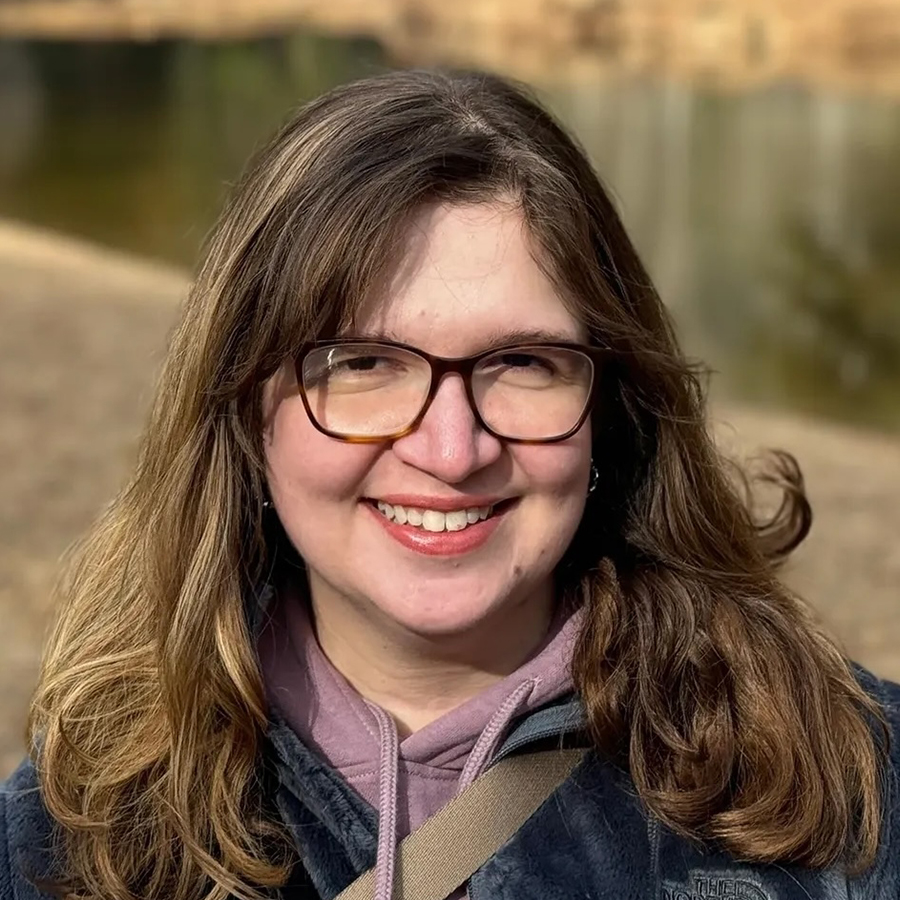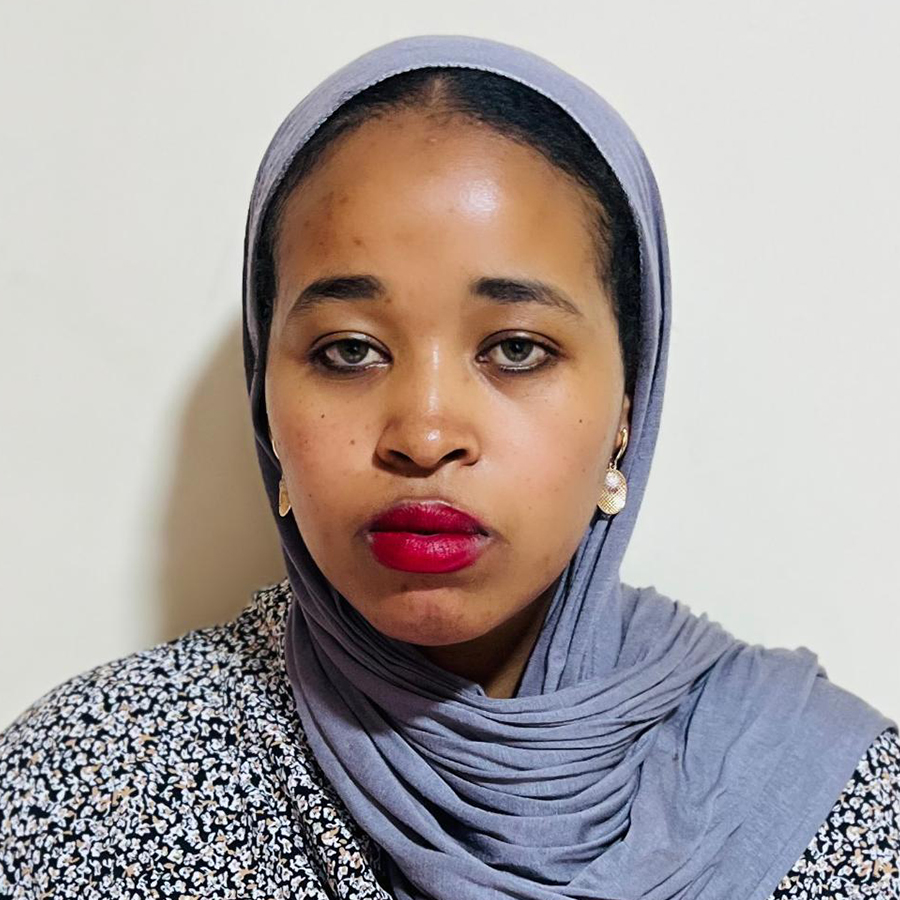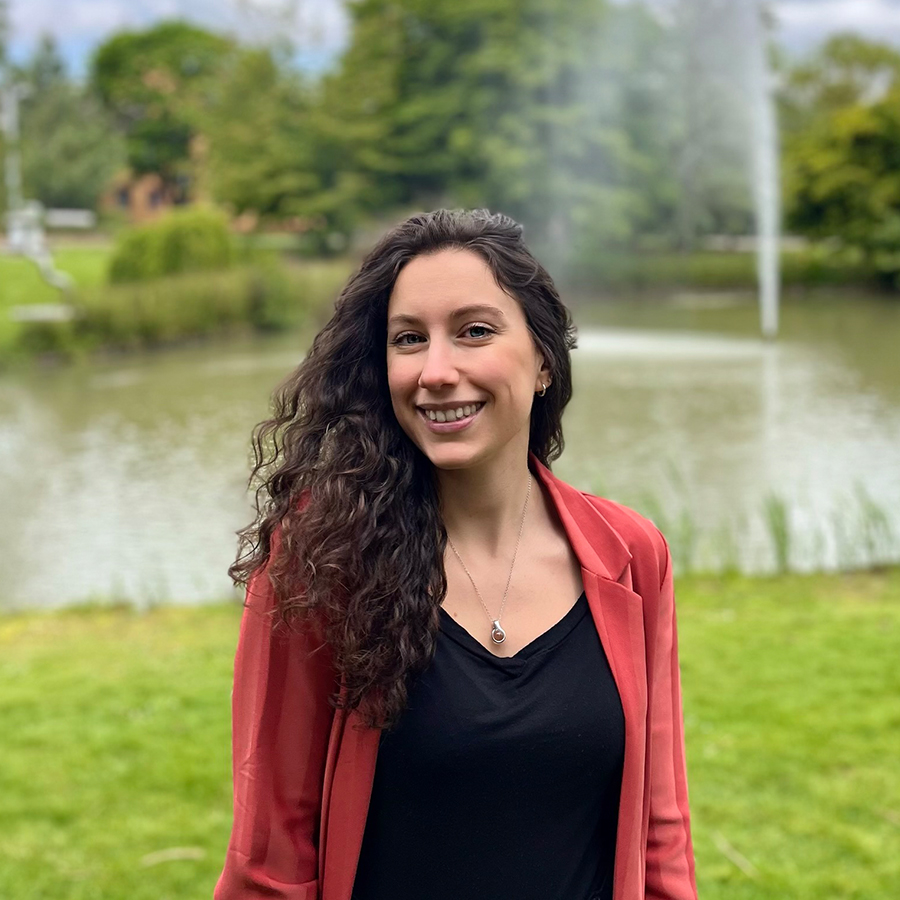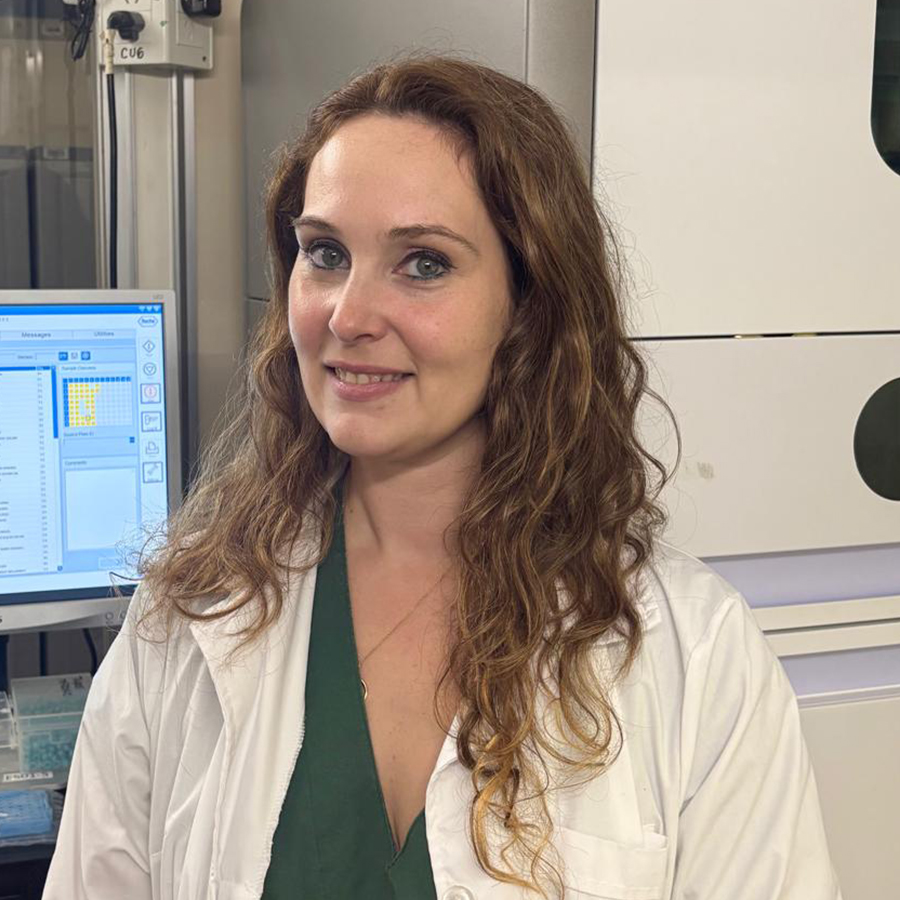Supporting Innovation in Microbiome Science Across Challenging Environments
At Zymo Research, we believe in empowering scientists to explore the frontiers of microbiome research. Through our Master the Microbiome Grant, we aim to support groundbreaking projects that address complex questions and difficult sample types with bold, innovative approaches.
The 2025 grant attracted proposals from across the globe with over 400 entries from 52 countries—each with a unique vision for solving challenges in clinical, environmental, and applied microbiology. We’re proud to support this year’s winners with the tools they need to turn ideas into discoveries.

Award recipients received product and service support from Zymo Research, including microbiome DNA/RNA extraction kits, sequencing services, data analysis resources, and up to $5,000 in credit to advance their research.
Grand Prize Winner

Dr. Andressa M. Venturini
Occupation: Assistant Professor
Affiliation: American University (Washington, D.C., United States)
Research Focus: Dr. Venturini’s research examines how human activity in the Amazonian forest affects soil microbial communities and their biochemical capacity. Her work seeks to understand how these disruptions influence the ecological stability and effects on human health of one of the world’s most vital ecosystems.
Proposed Project: While deforestation has played a significant role in changing the Amazonian forest, other factors such as climate change, fires, droughts, and habitat disruptions have also taken their toll. Dr. Venturini’s study will examine ways in which these changes have affected carbon cycling (potentially turning these lands into carbon sources instead of carbon sinks) and antimicrobial resistance (AMR) spread along with other changes to the soil microbiome in these areas.
Applied Techniques: Soil DNA extraction, metagenomics, qPCR
Finalists

Rahma O. Golicha
Occupation: PhD Student/Scientist
Affiliation: KEMRI Medical Research Institute–Wellcome Trust Programme & London School of Hygiene and Tropical Medicine (Nairobi, Kenya & London, UK)
Research Focus: Rahma’s study focuses on commensal microbes of the respiratory system and how they play a role in antimicrobial resistance gene transmission.
Proposed Project: Historically, the study of AMR and its spread has been focused on known or suspected pathogens. While AMR in these microbes is of greatest concern to human health, significant evidence has emerged that commensal microbes can also play a significant role in the movement of AMR within the microbial community. Rahma’s project will focus on studying AMR within commensal microbes of the respiratory tract to better understand AMR within this understudied class of microbes.
Applied Techniques: AMR profiling, diversity analysis, bioinformatics, metagenomics

Melissa Basso
Occupation: PhD Student
Affiliation: University of Surrey (Guildford, United Kingdom)
Research Focus: Melissa’s project investigates the interaction of lifestyle behaviors related to health such as diet, sleep, and exercise influence the gut microbiome and its effects on mental health. A relatively unique approach is to look at the daily rhythmicity of the gut microbiome in relation to these factors.
Proposed Project: One of the areas of greatest interest in microbiome research for human health is the mind-gut axis. The interplay between lifestyle health (diet, exercise, sleep, etc.) and microbiome health is showing new connections almost daily, suggesting new ways to improve human health through the gut microbiome. Melissa’s study is focused on the interplay between circadian rhythms and rhythms within the gut microbiome as they relate to mental health conditions such as anxiety disorders.
Applied Techniques: Microbiome profiling, machine learning, statistical modelling

Dr. Maria Florencia Fernandez
Occupation: Researcher
Affiliation: National Pediatric Hospital JP Garrahan (Buenos Aires, Argentina)
Research Focus: Dr. Fernandez’s work has historically focused on the study of viruses, but has recently shifted focus to the gut microbiome of pediatric bone marrow transplant patients and other complex pathologies.
Proposed Project: Allogenic hematopoietic stem cell transplantation (sometimes referred to as bone marrow transplantation) is the therapy of choice in children for many extremely serious disorders related to blood cell formation (leukemias, immunodeficiencies, some forms of anemia, and others). While these conditions have significant morbidity and mortality associated with them, the transplant used to treat them also carries significant risks to health and quality of life. These range from increased risk of infection to inflammatory conditions to graft-versus-host disease, where the transplanted immune system rejects the host (as opposed to the more typical scenario where the host immune system rejects a transplanted organ). Dr. Fernandez’s study aims to look at the role of the gut microbiome in children who received bone marrow transplants in regulating these inflammatory conditions and controlling adverse reactions to transplantation such as graft versus host.
Applied Techniques: Sequencing, Nucleic acid isolation from stool, nested PCR techniques

Dr. Mohd Yusmaidie Aziz
Occupation: Senior Lecturer
Affiliation: Universiti Sains Malaysia (George Town, Malaysia)
Research Focus: Dr. Aziz is an expert in general toxicology as well as bioanalysis in animal models.
Proposed Project: Per- and polyfluoroalkyl substances (PFAS) have recently come to the attention of the world as “forever chemical” pollutants of the environment. These potential toxins build up within organisms, including humans, where they have been linked to dysfunction in several different systems, as well as reproductive harm. There has been significant effort made to understand the interactions between PFAS and microbes in the environment, with a goal of being able to bioremediate contaminated sites using microbial resources as a means of potentially decreasing exposure to these chemicals. Dr. Aziz’s project seeks to study the interaction between PFAS and the microbiome within humans and other animals, including how these chemicals affect the microbiome, interfere in the host/microbiome interaction, and how the microbiome affects the host’s exposure to these chemicals.
Applied Techniques: Mass spectrometry and animal modeling of toxicology
Looking to the Future
We’re honored to support these remarkable scientists as they expand the boundaries of microbiome research. Their work addresses critical global issues, from climate resilience to public health, and we’re excited to follow their progress throughout the year.
Stay tuned for project updates, interviews, and future funding opportunities as Zymo Research continues to invest in transformative science.
